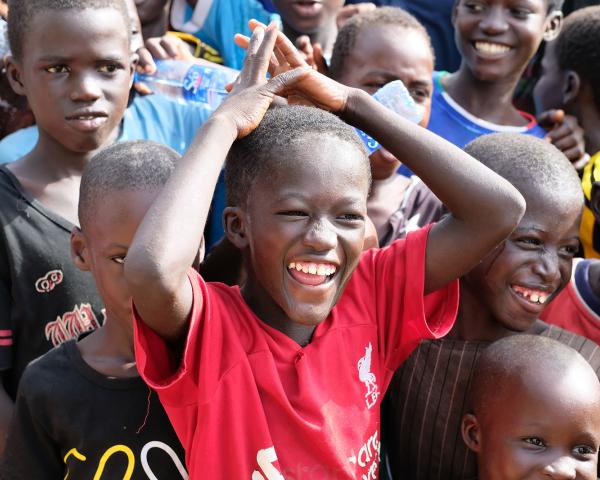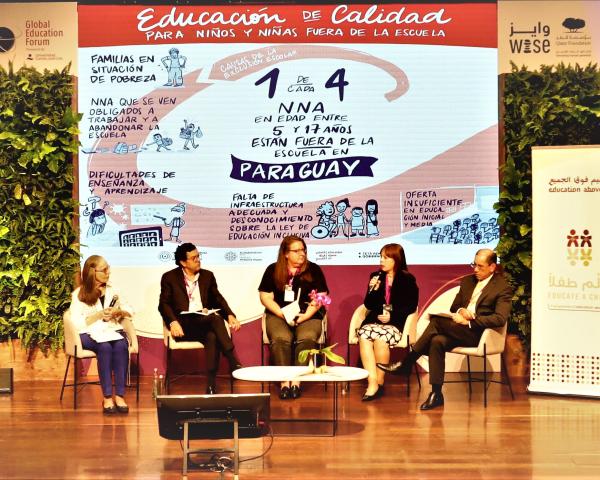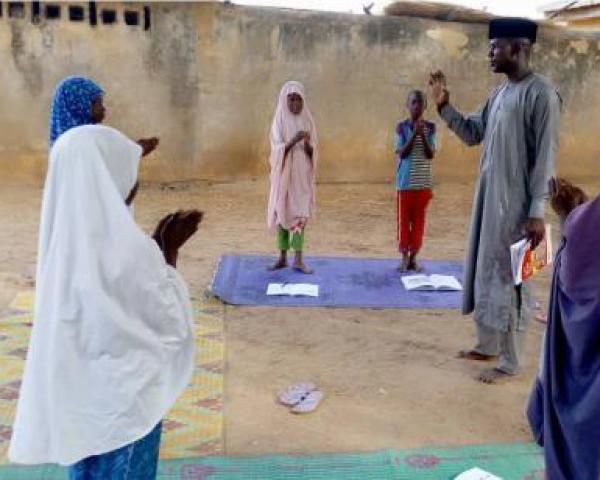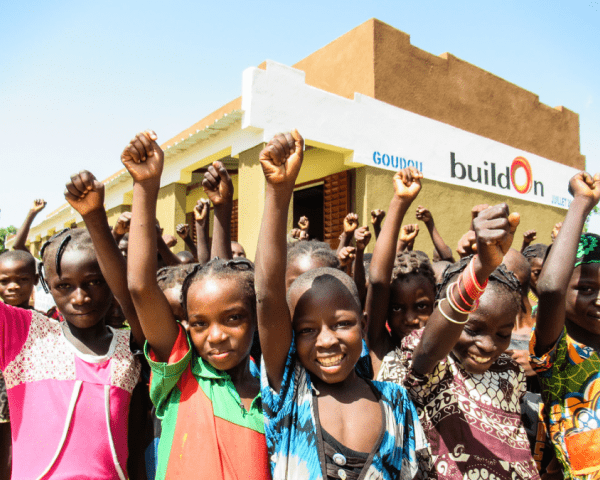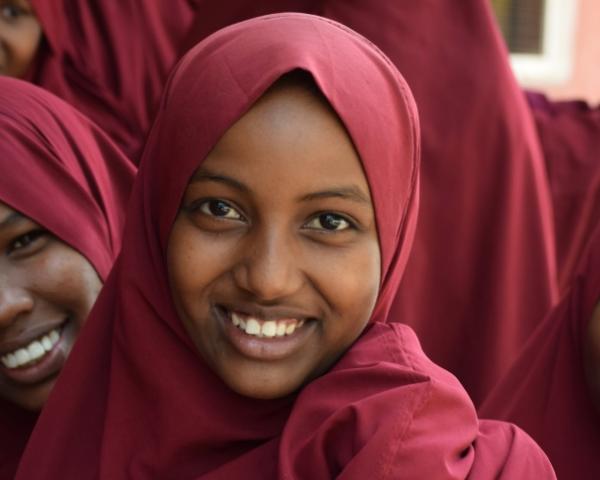The Role of Volunteers in Ensuring the Right to Education for the Most Marginalised Children

Volunteers contribute to the development agenda in various countries. During the era of COVID-19, the work of volunteers and their positioning within the communities they serve has become even more remarkable, given the general lockdowns, movement restrictions and school closures. In several EAC-supported projects, volunteers have made and are making significant strides for the education rights of vulnerable children, in spite of these challenging times.
Working in countries all over the world, Educate A Child, a global programme of the Education Above All Foundation (EAA), seeks to enhance access to quality primary education for the most marginalised out of school children (OOSC).
Across many EAC-supported projects, volunteers make inestimable contributions to advancing the education agenda. As of November 2020, more than 55,400 volunteers were deployed within EAC projects to enrol and retain over 3.7 million OOSC in countries, including Pakistan, India, Nigeria, Mali, Niger and Syria. This Occasional Paper recognises the valuable role played by project volunteers to ensure the right to education for the hardest-to-reach children is realised. EAC partners may draw on volunteers to support their work for diverse reasons. However, the fact remains that volunteers serve as valuable resources, familiar with the local environment and culture, which in turn contributes to projects gaining community buy-in and ownership.
Casting a critical eye on volunteerism sheds light on how the education agenda and development issues are predicated upon broad partnerships and a ‘whole-of-society’ approach where contributions from everyone, including volunteers, matter.







